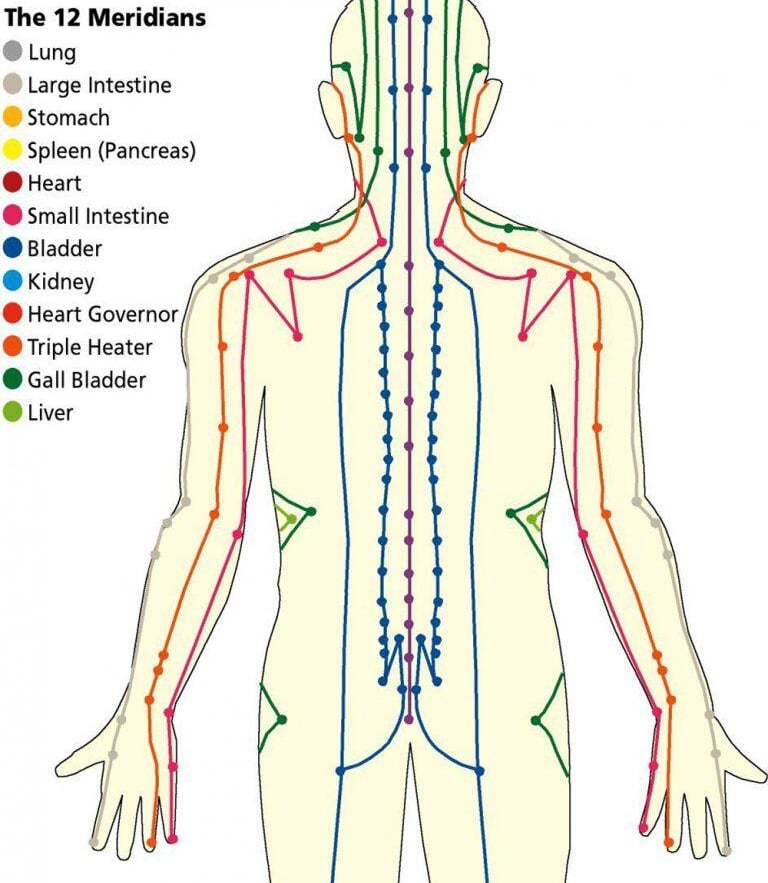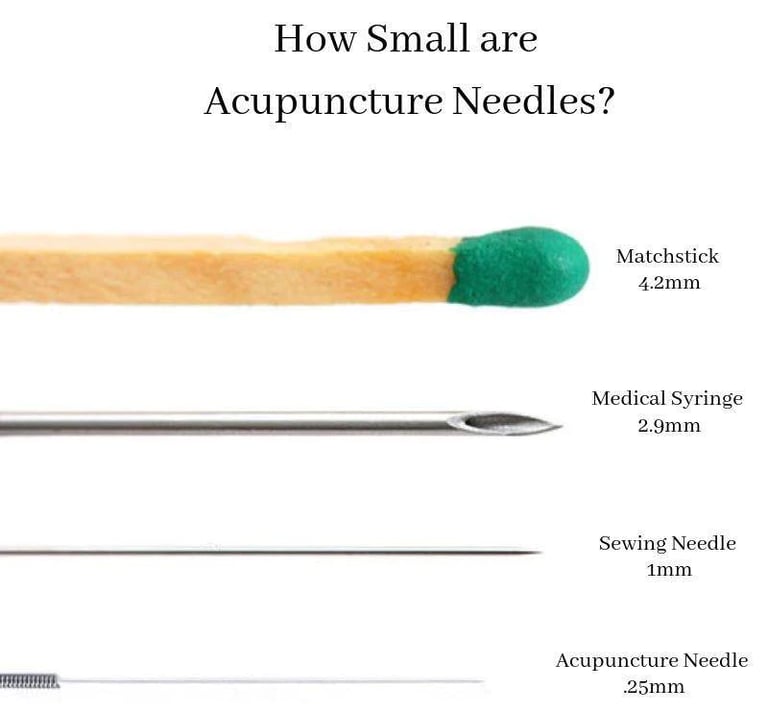Acupuncture
Acupuncture is a traditional Chinese medical practice that involves inserting thin needles into specific points on the body to stimulate energy flow and promote healing. It is based on the concept of Qi (pronounced "chee"), which is believed to be the vital energy that flows through the body along pathways known as meridians. According to traditional Chinese medicine theory, illness and pain occur when the flow of Qi is disrupted or blocked.
During an acupuncture session, a trained practitioner will carefully insert needles into acupuncture points along the meridians that correspond to the patient's symptoms and health concerns. The needles are typically left in place for 25 to 30 minutes while the patient relaxes. Some practitioners may also use additional techniques such as heat, pressure, or electrical stimulation to enhance the effects of acupuncture. In general terms, acupuncture is not painful to most people and the acupuncture needles are very fine and thin thus producing just a mininal feeling when inserted.
Acupuncture is used to treat a wide range of health conditions, including chronic pain, headaches, digestive disorders, anxiety, depression, and infertility. It is often used as a complementary therapy alongside conventional medical treatments.
While the mechanisms behind acupuncture's effectiveness are still not fully understood, research suggests that it may help to release endorphins, which are natural pain-relieving chemicals produced by the body. Acupuncture may also stimulate the release of neurotransmitters and regulate the autonomic nervous system, which controls involuntary bodily functions such as heart rate and digestion.
Overall, acupuncture is generally considered to be safe when performed by a qualified practitioner using sterile needles. However, it may not be suitable for everyone, and it's important to consult with a healthcare provider before beginning acupuncture treatment, especially if you have certain medical conditions or are pregnant.




